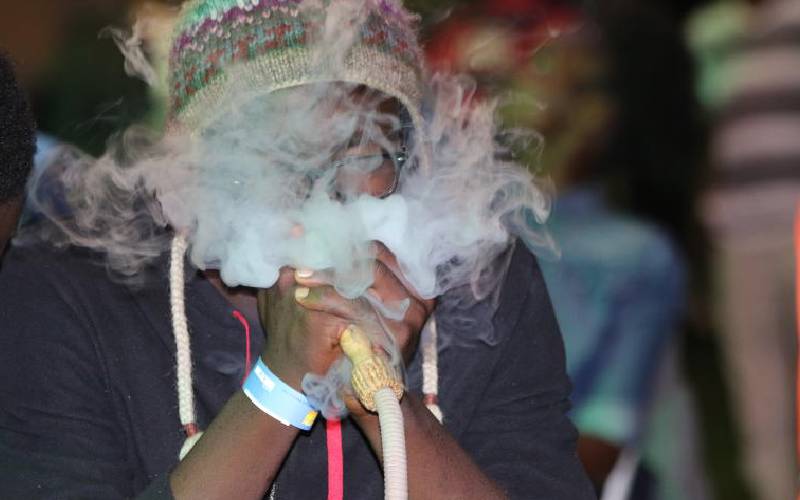×
The Standard e-Paper
Smart Minds Choose Us

Smuggling has been blamed for the continued use of banned shisha. [Photo, Standard]
Smuggling has been blamed for the continued use of banned shisha especially in entertainment spots.